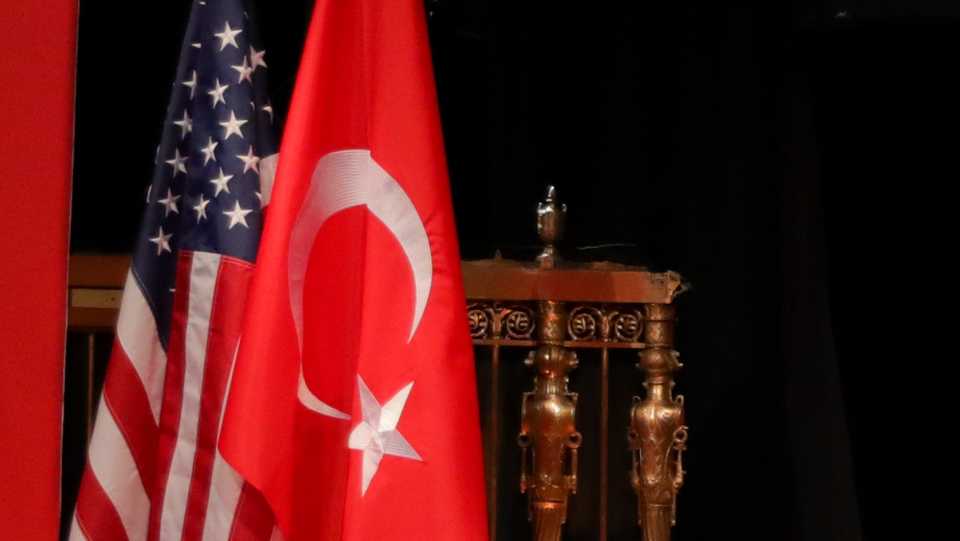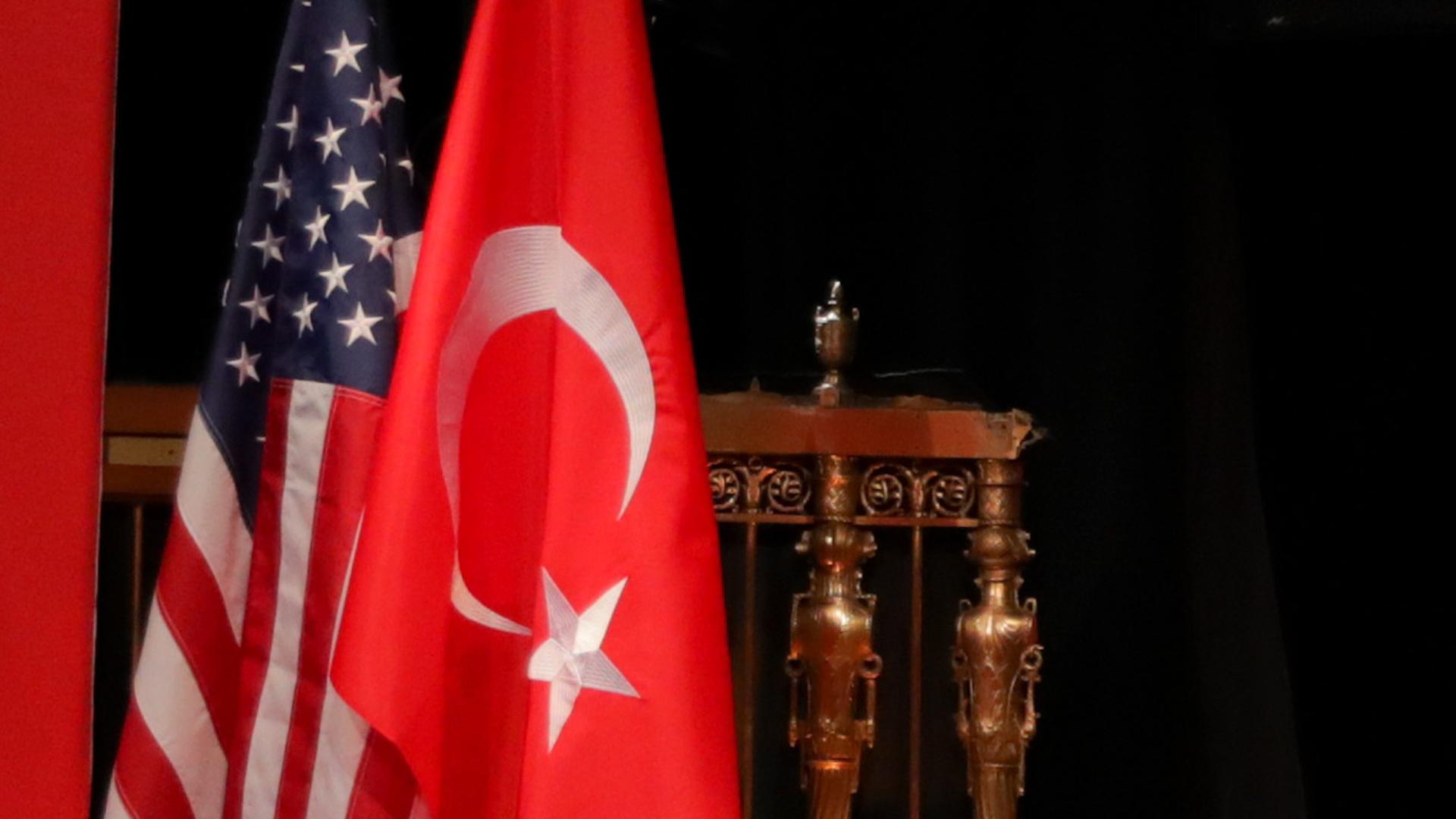
The US decision to end its preferential trade agreement with Turkey contradicts their $75 billion bilateral trade target, Minister of Trade Ruhsar Pekcan said on Friday.
The Trump administration on Thursday terminated Turkey’s preferential trade treatment that allowed some exports to enter the country duty-free, but it has halved its tariffs on imports of Turkish steel to 25 percent.
Pekcan welcomed Washington’s move to halve steel tariffs.
(3/5) Ayrıca, Türkiye’nin Genelleştirilmiş Tercihler Sisteminden (GTS) çıkarılması kararı, iki ülke hükümetleri tarafından ilan edilen 75 milyar dolar ticaret hacmi hedefi ile çelişmektedir.
— Ruhsar Pekcan (@pekcan) May 17, 2019
“Lowering the tariffs to 25 percent from 50 percent is positive, but we expect the lifting of all obstacles to bilateral trade,” Pekcan wrote on Twitter, saying they affected US companies, too.
She said she would continue to boost the trade volume.
“Today Turkey is in favour of a sustainable and rules-based system in global trade just like it was yesterday.”
(1/5) Türkiye olarak dün olduğu gibi bugün de küresel ticarette adil, sürdürülebilir ve kural bazlı bir sistemden yanayız.
— Ruhsar Pekcan (@pekcan) May 17, 2019
TRT World speaks to political analyst Onur Erim who says that even if the US imposes sanctions against Turkey, their economy will be negatively affected.
Economically developed
The White House said it was appropriate to terminate Turkey’s eligibility to participate in the Generalized System of Preferences (GSP) programme, based on its level of economic development. The decision is effective May 17, it added.
The US Trade Representative (USTR) in early March said Turkey was no longer eligible to participate because it “is sufficiently economically developed.”
It had begun reviewing the NATO ally’s status in the programme last August when the two countries were embroiled in a diplomatic row.
But Ankara had been hopeful that Washington would not go ahead with the decision, saying it would be against the $75 billion target for mutual trade laid out by US President Donald Trump and Turkish President Recep Tayyip Erdogan.
In a subsequent statement on Thursday, the White House said it was reducing the 50 percent tariff, doubled last August, to 25 percent.
That will put tariffs at the level they were at before the president decided to double them last August amid tensions over a since-freed American pastor who was detained in Turkey.
TRT World speaks to political analyst Hakki Ocal.
Tariff spat
During last year’s spat, Trump had imposed higher tariffs on imports of Turkish steel and aluminium to put economic pressure on NATO member Turkey to force it to release Andrew Brunson, an American pastor who was detained there over terrorism charges. Brunson was released last October.
Trump’s move last year had then caused the Turkish lira to lose value against the US dollar. Since then, the ties between the two countries have remained tense over disagreements ranging from Ankara’s planned purchase of a Russian S-400 missile defence system to diverging interests in Syria.
During that time, the US and Turkey imposed reciprocal tariffs on a number of goods, including Turkish steel and aluminium.
Trump said in his proclamation that imports of steel products from Turkey declined 48 percent in 2018, “with the result that the domestic industry’s capacity utilisation has improved at this point to approximately the target level recommended” by Commerce Secretary Wilbur Ross.
That level, Trump said, “will improve the financial viability” of the US steel industry in the long term.
“Given these improvements, I have determined that it is necessary and appropriate to remove the higher tariff on steel imports from Turkey,” Trump said.
His proclamation said that maintaining the 25 percent tariffs remains “necessary,” however.
Turkey was one of 120 countries that participate in the GSP, the oldest and largest US trade preference programme. It aims to promote economic development in beneficiary countries and territories by eliminating duties on thousands of products.
The United States imported $1.66 billion in 2017 from Turkey under the GSP program, representing 17.7 percent of total US imports from Turkey, according to USTR’s website.
The leading GSP import categories were vehicles and vehicle parts, jewellery and precious metals, and stone articles, the website said.










Discussion about this post